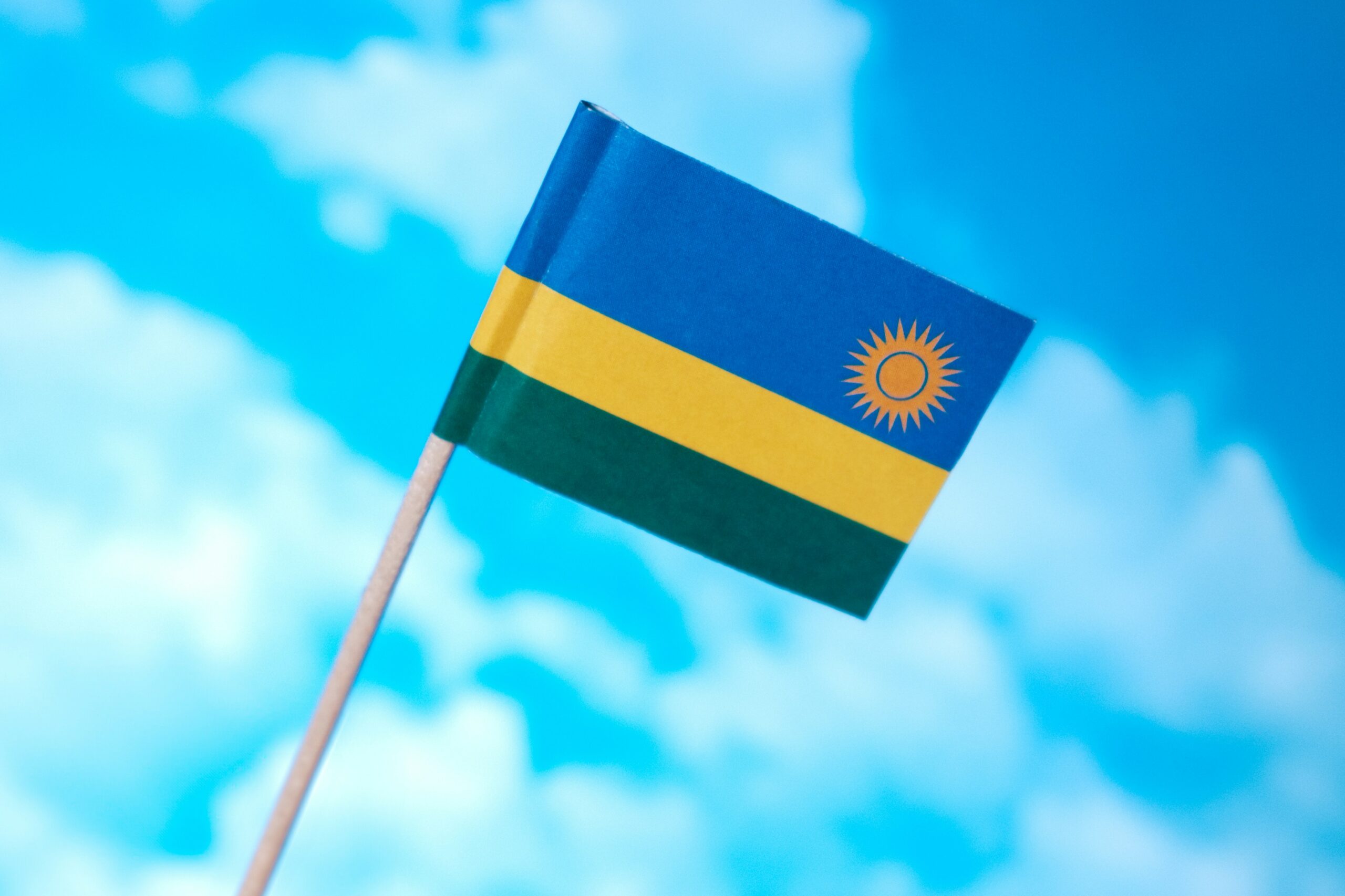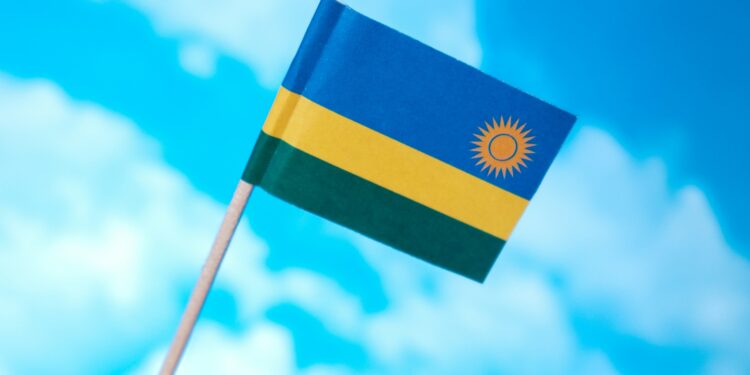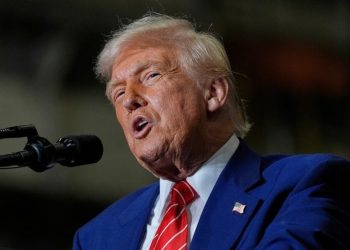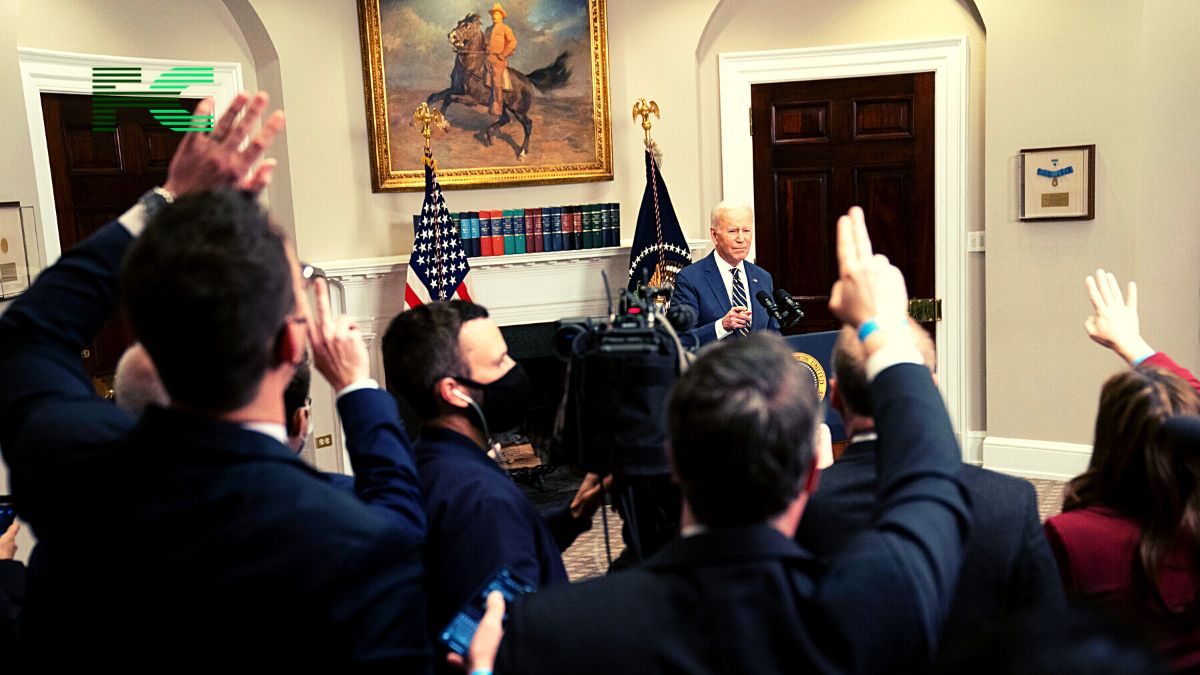The planned meeting between the Presidents of Rwanda and the Democratic Republic of Congo (DRC) in Angola has been cancelled, leaving the hopes for peace and a resolution to the M23 conflict dashed. The meeting, originally scheduled for Sunday, was set to bring together the two leaders to discuss the ongoing M23 rebellion in the eastern part of Congo, which has already displaced over 1.9 million people. However, both countries have confirmed that the talks will not proceed, dashing any immediate hopes of a breakthrough.
A Key Opportunity Missed
The cancellation of this peace summit is a major setback, as it was seen as one of the few opportunities for direct dialogue between the two countries. The talks were expected to ease the growing tensions that have been aggravated by the nearly three-year-long M23 insurgency. The M23 rebel group, made up of ethnic Tutsis, has destabilized eastern Congo, increasing a crisis that some feared could grow into a wider regional conflict, reminiscent of the catastrophic wars that destabilised the Great Lakes region from 1996 to 2003, which left millions dead.
The Root of the Conflict
The main obstacle to the peace talks was a disagreement over terms. According to Congo’s presidency, the failure of the Rwandan delegation to attend the meeting was the result of Rwanda’s insistence on one key demand, direct talks between Congo and the M23 rebels.
This request was firmly rejected by Congo, which argued that engaging with M23 directly would undermine the sovereignty of the Congolese state. Rwanda’s foreign ministry, on the other hand, claimed that without a consensus on this issue, it was impossible to sign the agreement.
The peace agreement, which was originally scheduled for signing, proposed a delicate balancing act. Rwanda would dismantle its defensive measures in the region in exchange for Congo’s elimination of the Democratic Forces for the Liberation of Rwanda (FDLR), a Hutu rebel group that has been accused of attacking Tutsis in both Congo and Rwanda. The plan was seen as a potential step forward in the long-standing conflict. However, the lack of agreement on how to handle M23 rebels has led to a prolonged gridlock.

Accusations and Denials
The situation remains tense and fragile, with both countries trading accusations. Congo and the United Nations have repeatedly accused Rwanda of escalating the M23 rebellion by sending troops and weapons to support the insurgents. The presence of 3,000-4,000 Rwandan troops in Congo, which reportedly exert significant influence over M23’s operations, has only fueled these suspicions. Rwanda denies these allegations, instead blaming Congo for recruiting FDLR militants to fight on its behalf.
International Pressure Mounts
The international community has been urging Rwanda to de-escalate its involvement in the conflict. However, according to Congo expert Jason Stearns, the pressure on Rwanda has been minimal. He pointed out that the United States, one of the few countries applying pressure on Rwanda, is currently distracted by its own political transition, which has further complicated efforts to resolve the crisis.

















